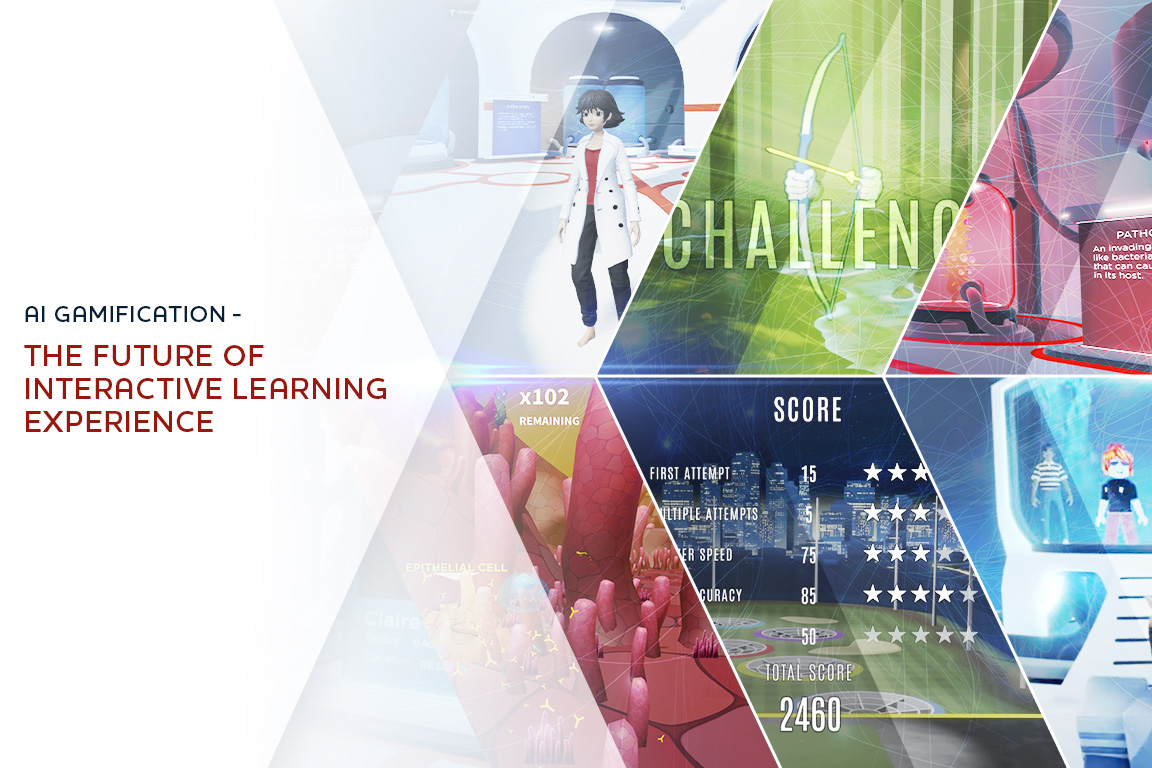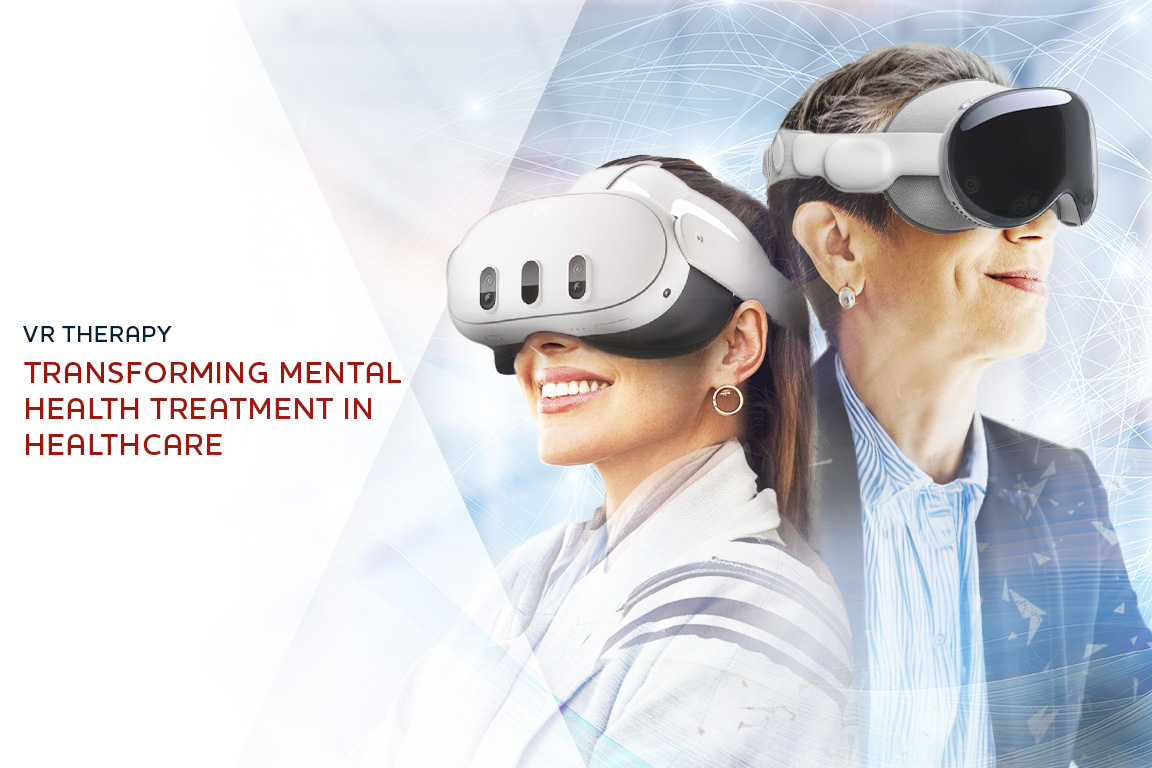Gamification is more than a buzzword in the realms of education and corporate training; it represents a transformative approach to engage users in immersive and interactive learning experiences. With the integration of artificial intelligence (AI), this strategy is elevating personalized learning to new heights, offering solutions that are tailored to individual learning styles and needs. AI in games and machine learning technologies are propelling gamification beyond traditional methods, ensuring that users are not just participants but are deeply engaged in the learning process through dynamic and adaptive environments.
The evolution of AI-driven gamification, particularly in sectors like education, corporate training, and a wide array of industries—ranging from technology to healthcare—highlights its vast applications and benefits. As we delve deeper into the core elements of AI gamification and explore real-world success stories, it’s clear that this innovative approach is setting a new standard for engaging, personalized learning experiences.
The Basics of Gamification in Learning
At the heart of gamification in learning lies a strategic approach that taps into the psychology of motivation. This approach leverages:
Challenges and Rewards: Engaging learners through tasks that are rewarded upon completion.
Competition: Instilling a sense of competition through leaderboards and performance tracking.
Gamification’s multidisciplinary nature spans across various domains, including technological platforms and theoretical knowledge, indicating its widespread applicability and versatility in educational environments. However, it’s crucial to acknowledge that the rapid adoption of gamification has outpaced the comprehensive understanding of its mechanisms, highlighting a gap in empirical research. Despite its growing popularity, evidence supporting the long-term benefits of gamification in education remains limited, suggesting a need for further investigation.
Strategies for effective gamification encompass:
Point Systems: Assigning points for tasks or achievements.
Badges: Awarding badges for milestones or accomplishments.
Leaderboards: Encouraging competition by displaying rankings.
Challenges: Setting up tasks that stimulate engagement and learning.
The Rise of AI in Gamification
Adaptive Learning Technologies: AI algorithms are capable of adjusting the difficulty of tasks based on a student’s proficiency and predicting potential learning challenges, making the learning process more efficient and tailored to individual needs. This is further supported by machine learning and data mining techniques that allow for the creation of dynamically adapting gamification environments.
Personalization and Real-Time Feedback: AI-powered tools offer personalized challenges and feedback, ensuring that learning experiences are customized to meet individual students’ needs. This includes the use of intelligent tutors that provide instant responses and detailed instructions, effectively acting as constant study partners. Moreover, AI-driven adaptive learning technologies can analyze vast datasets to customize learning experiences to individual learner preferences, abilities, and pace.
Engagement and Immersive Experiences: The merger of AI and gamification creates immersive educational experiences that significantly improve knowledge retention and comprehension. Virtual reality combined with AI, for instance, enables the creation of global virtual classrooms where students from around the world can collaborate under AI supervision, promoting beneficial social learning. Additionally, AI-powered conversational agents can participate in immersive role-playing scenarios, adapting their dialogue and reactions to the user’s choices, thus enhancing the engagement and interactivity of learning modules.
Benefits of AI-Driven Gamification for Learners
AI-powered gamification is transforming the learning experience by making it more engaging, personalized, and efficient. Here are some key benefits:
Increased Engagement and Motivation: Studies show that AI gamification significantly boosts student engagement, with some platforms leading to a 65% increase in user engagement and a 300% uplift in online activity. This is achieved through interactive challenges and the incorporation of game elements like points, which create a vibrant learning process.
Personalized Learning Experiences:AI algorithms analyze individual performance and learning styles to tailor the learning experience. This personalization allows for the creation of customized learning paths, improving efficiency and effectiveness. For instance, AI can dynamically adjust the difficulty of gamified challenges based on a user’s performance, ensuring that students remain productively challenged without becoming overwhelmed.
Improved Performance and Retention: Challenge-based gamified learning can improve student performance by up to 89.45% compared to traditional lecture-based education. Moreover, gamification has been shown to improve students’ understanding of the curriculum by 75.5% and their attention by 73%, indicating a significant enhancement in knowledge retention and comprehension 10.
Real-World Applications and Success Stories
In exploring the real-world applications and success stories of AI gamification, we uncover its transformative impact across various sectors:
Performance and Business Strategy:
- AI gamification is revolutionizing recruitment processes by assessing job candidates’ personalities and decision-making abilities. This innovative approach allows companies to gain deeper insights into candidates’ suitability for specific roles.
- Beyond recruitment, AI-powered gamification aids businesses in predicting outcomes and answering strategic questions, thereby facilitating informed decision-making and strategic planning.
Education:
- Engagement and Motivation: Gamification techniques have been shown to significantly enhance student engagement and motivation. By creating more interactive and immersive learning experiences, students find themselves more interested in the learning material, leading to higher retention rates and improved educational quality.
- Skill Development: The application of gamification in education not only boosts motivation but also enhances students’ thinking skills, problem-solving abilities, and interactions. It promotes design thinking and encourages experimentation, thus aligning teaching and learning goals more closely with the demands of the real world.
These examples underscore the versatility of AI gamification in not only improving educational outcomes but also in refining recruitment processes and strategic business planning. The data points to a clear trend: when intelligently applied, AI gamification can significantly elevate the quality and effectiveness of various professional and educational endeavors.
Challenges and Considerations
While AI gamification in education and corporate training presents numerous advantages, it’s crucial to navigate several challenges and considerations to ensure its effectiveness and ethical application:
Ethical and Privacy Concerns:
- Ethical issues such as manipulation, coercion, and exploitation must be vigilantly avoided.
- Protection and transparent use of personal data collected through gamification are non-negotiable.
Design and Implementation Considerations:
- Alignment with learning objectives, outcomes, and assessments to prevent confusion or frustration.
- Relevance and appropriateness for the content, context, or culture of the learning environment.
- Accessibility and usability across devices, platforms, and networks.
- Stability and reliability, ensuring the system is free from bugs or errors.
Impact on Learners:
- Careful design to support rather than undermine intrinsic motivation.
- Avoidance of negative emotions such as anxiety, frustration, or disappointment.
- Consideration of learners’ identity, self-esteem, and social relationships.
Addressing these challenges requires a thoughtful and systematic approach, ensuring that AI gamification enriches the learning experience without compromising ethical standards or learner well-being.
Conclusion
Throughout this exploration of AI-driven gamification, we’ve highlighted its transformative impact on learning experiences, underpinned by compelling data and real-world applications. The integration of AI in educational and corporate training gamification fosters not only a highly engaging and immersive learning environment but also tailors the experience to individual learner needs, showing a marked improvement in retention, performance, and motivation. For instance, studies indicate that challenge-based gamified learning can elevate student performance by up to 89.45% and enhance curriculum understanding by 75.5%, showcasing the potential of AI gamification to revolutionize traditional learning paradigms.
As we reflect on these findings and their implications, it is evident that AI gamification is poised to reshape the educational landscape, making learning more personalized, engaging, and effective. However, the success of this innovative approach hinges on meticulous design and ethical considerations, assuring that it enriches learning experiences without undermining intrinsic motivation or learner well-being. Moving forward, the continued evolution of AI technologies and their application in gamification will undoubtedly offer new avenues for research and development, further expanding the horizons of interactive learning and setting new benchmarks for educational excellence and effectiveness.



